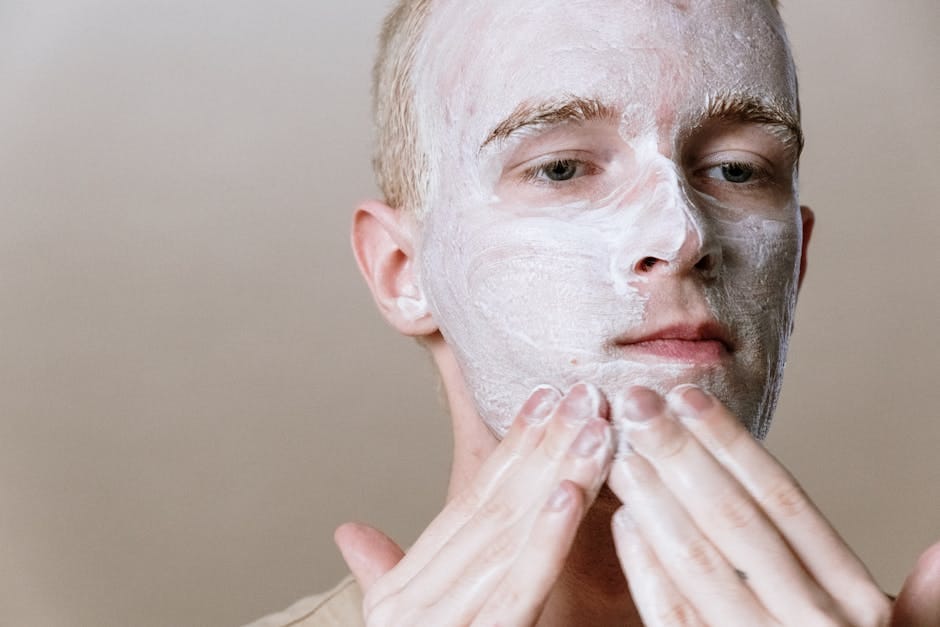How To Achieve Clear Skin: A Comprehensive Guide
Clear skin is often seen as a sign of health and beauty. While genetics play a role in skin health, there are many things you can do to improve the appearance of your skin. Here's a comprehensive guide on how to achieve clear skin:
**1. Cleanse Your Skin Twice a Day**
Start by cleansing your face twice a day, in the morning and evening. Use a gentle cleanser that is designed for your skin type. Avoid harsh cleansers that can strip your skin of its natural oils.
**2. Exfoliate Regularly**
Exfoliation helps remove dead skin cells and unclog pores. Use a gentle exfoliating scrub 1-2 times per week. Physical scrubs work by physically scrubbing away dead skin cells, while chemical scrubs use acids to dissolve them. Choose a scrub that is appropriate for your skin type and use it sparingly to avoid over-exfoliation.
**3. Moisturize Daily**
Moisturizing is essential for keeping your skin hydrated and healthy. Use a moisturizer that is specifically designed for your skin type. Apply moisturizer twice a day, after cleansing and before bed.
**4. Protect Your Skin from the Sun**
Sun exposure can damage your skin and lead to premature aging, wrinkles, and even skin cancer. Protect your skin by wearing sunscreen every day, even if it's cloudy. Choose a sunscreen with an SPF of 30 or higher and reapply it every two hours.
**5. Eat a Healthy Diet**
Eating a healthy diet can help to improve your overall health and the appearance of your skin. Eat plenty of fruits, vegetables, and whole grains. Avoid processed foods, sugary drinks, and excessive amounts of saturated and unhealthy fats.
**6. Get Enough Sleep**
Sleep is essential for your overall health, including the health of your skin. Aim for 7-8 hours of sleep each night. When you don't get enough sleep, your body produces more of the stress hormone cortisol, which can lead to breakouts.
**7. Manage Stress**
Stress can trigger breakouts and worsen acne. Find healthy ways to manage stress, such as exercise, yoga, or meditation.
**8. Avoid Touching Your Face**
Touching your face can transfer bacteria to your skin and lead to breakouts. Keep your hands away from your face as much as possible.
**9. See a Dermatologist**
If you have persistent skin problems, consider seeing a dermatologist. A dermatologist can help you identify the cause of your skin problems and recommend the best course of treatment.


